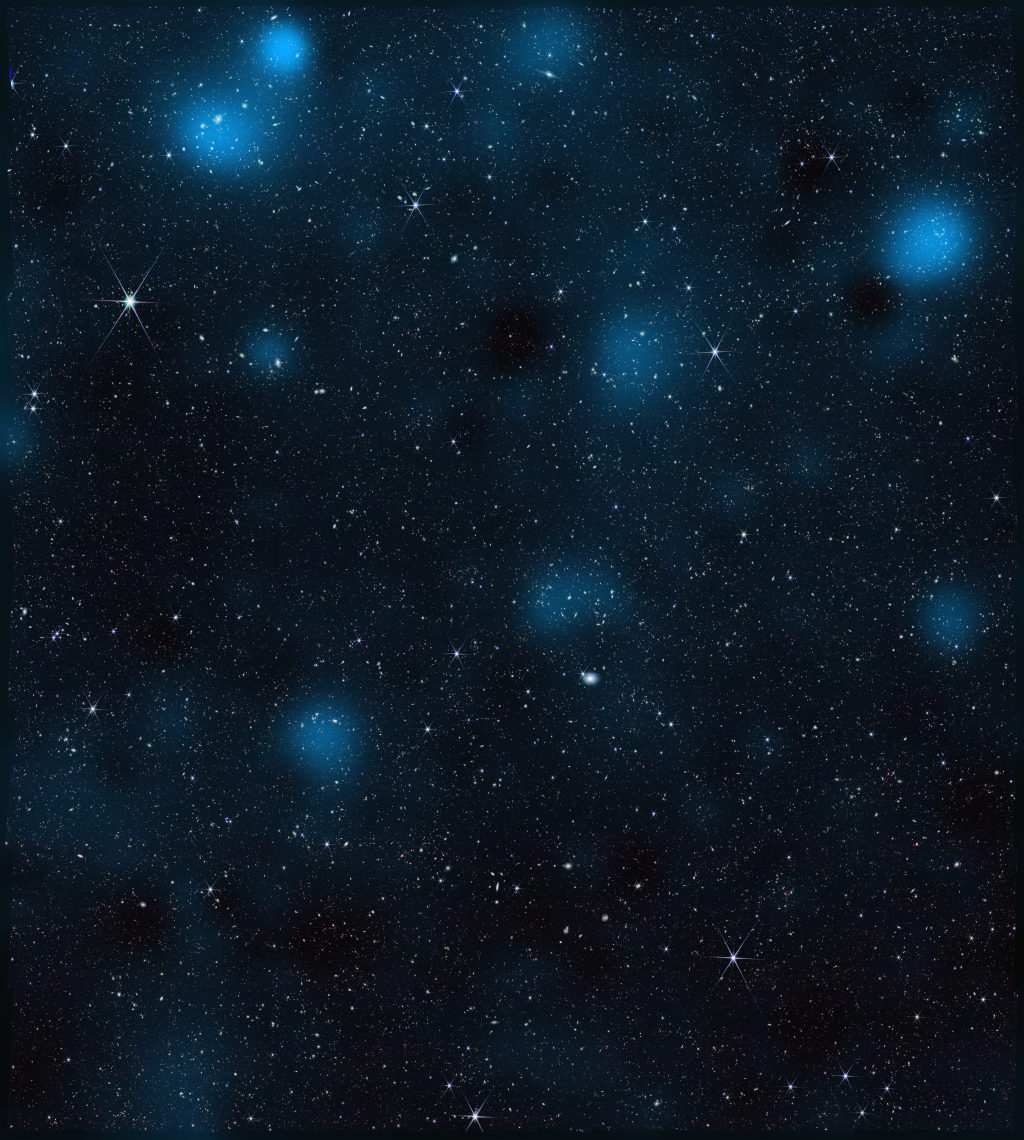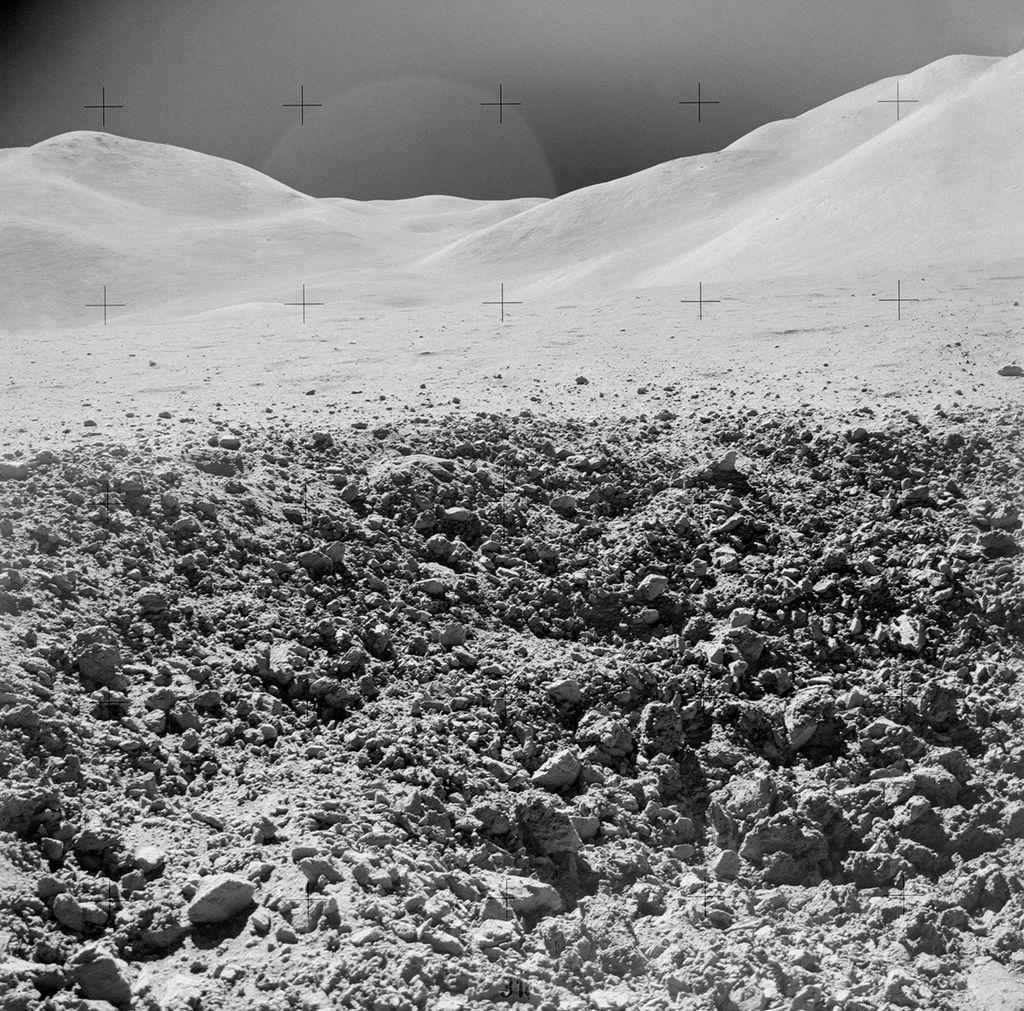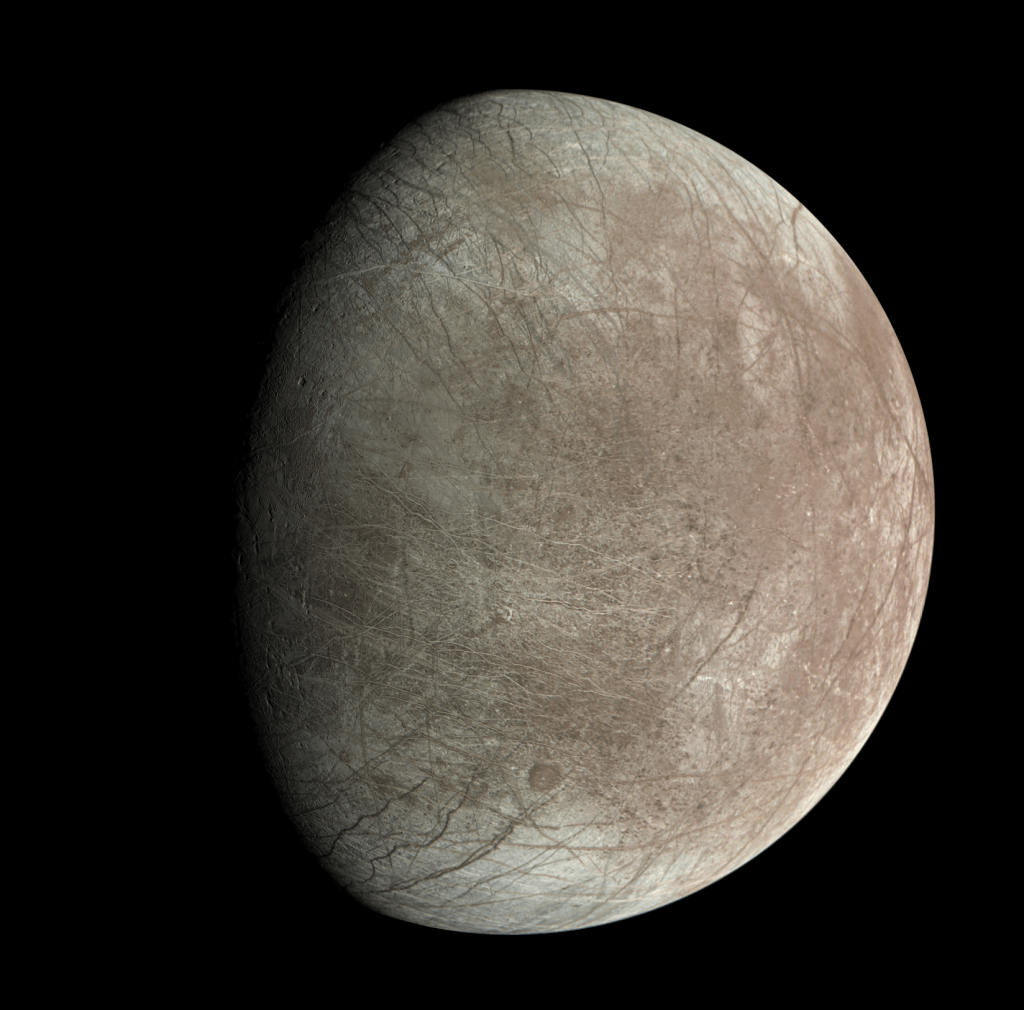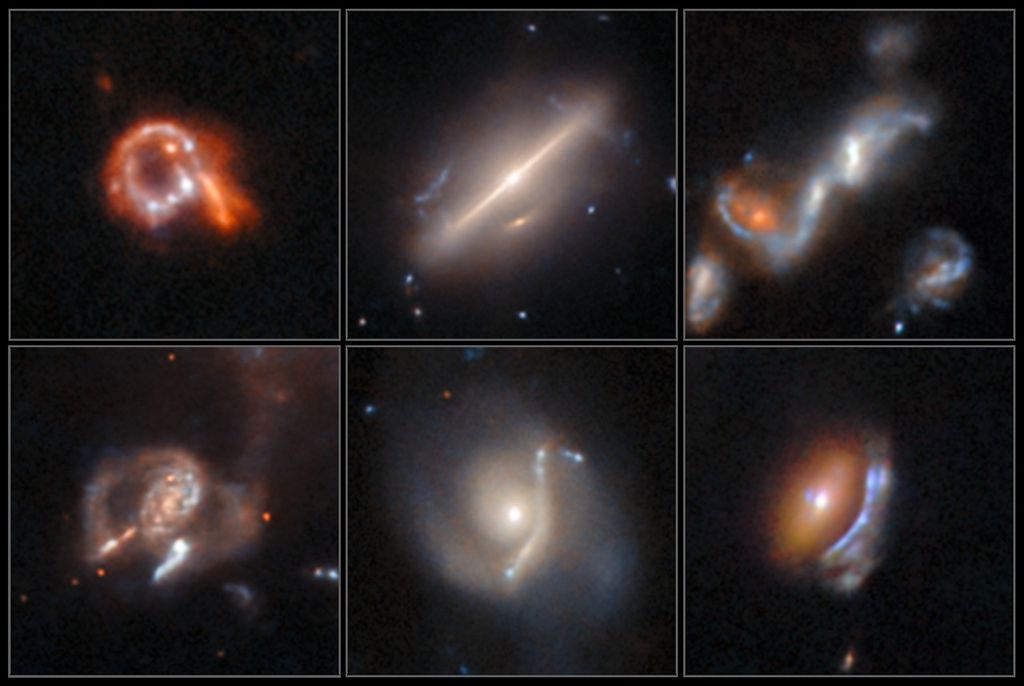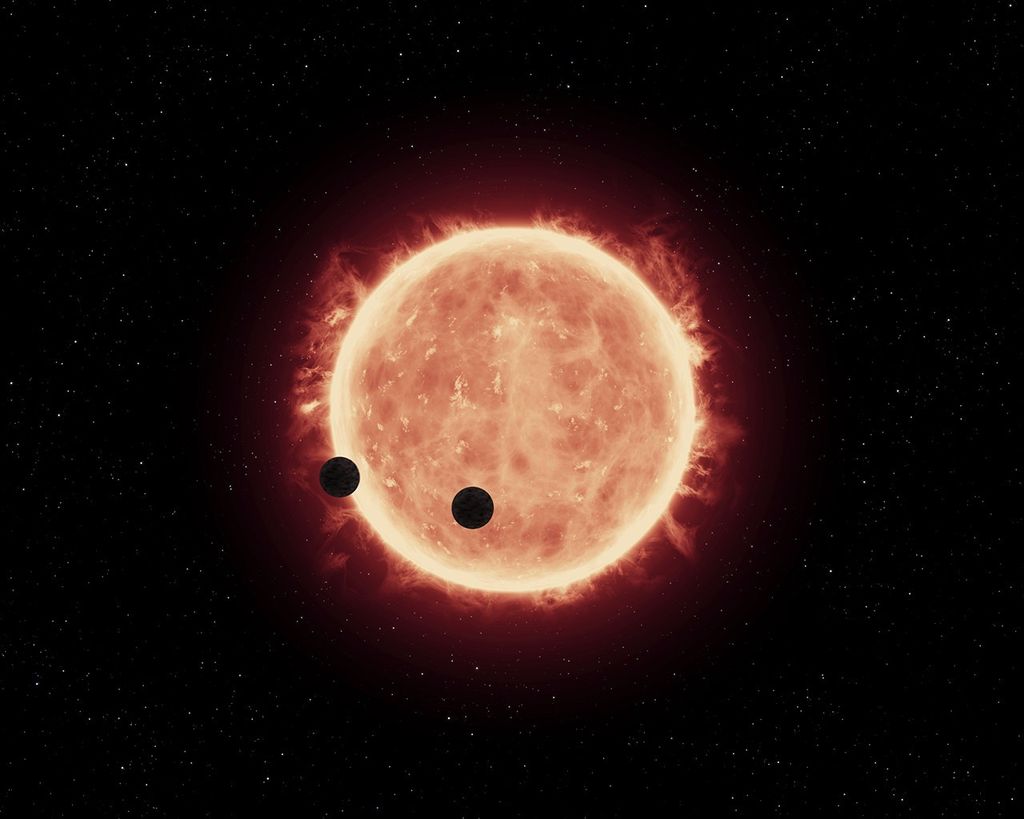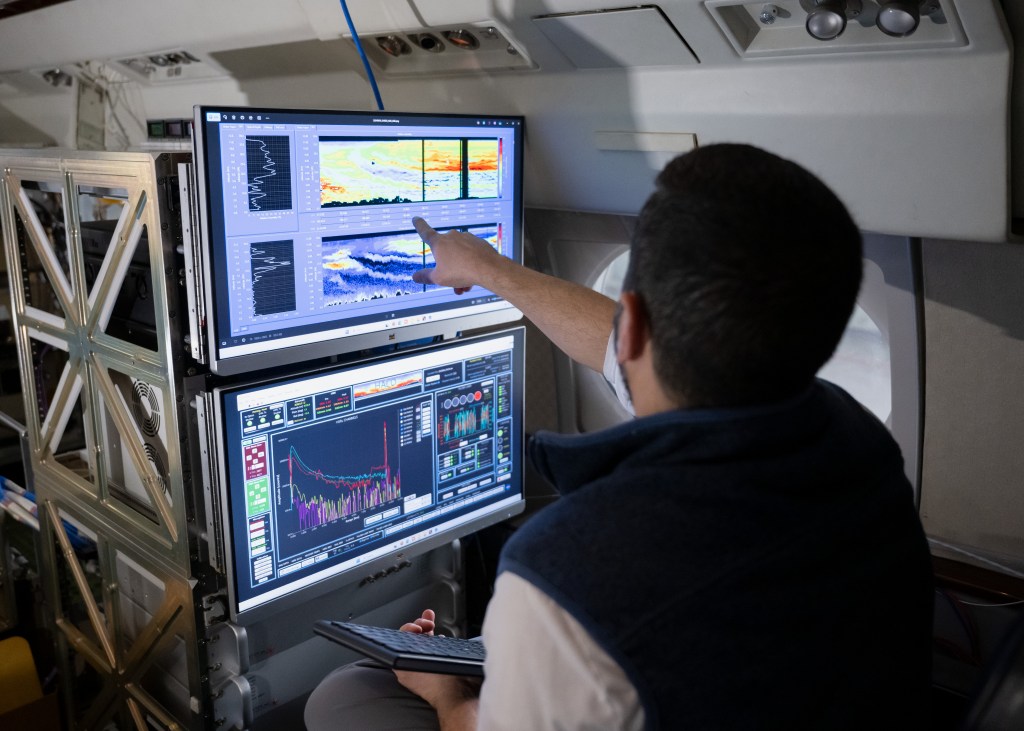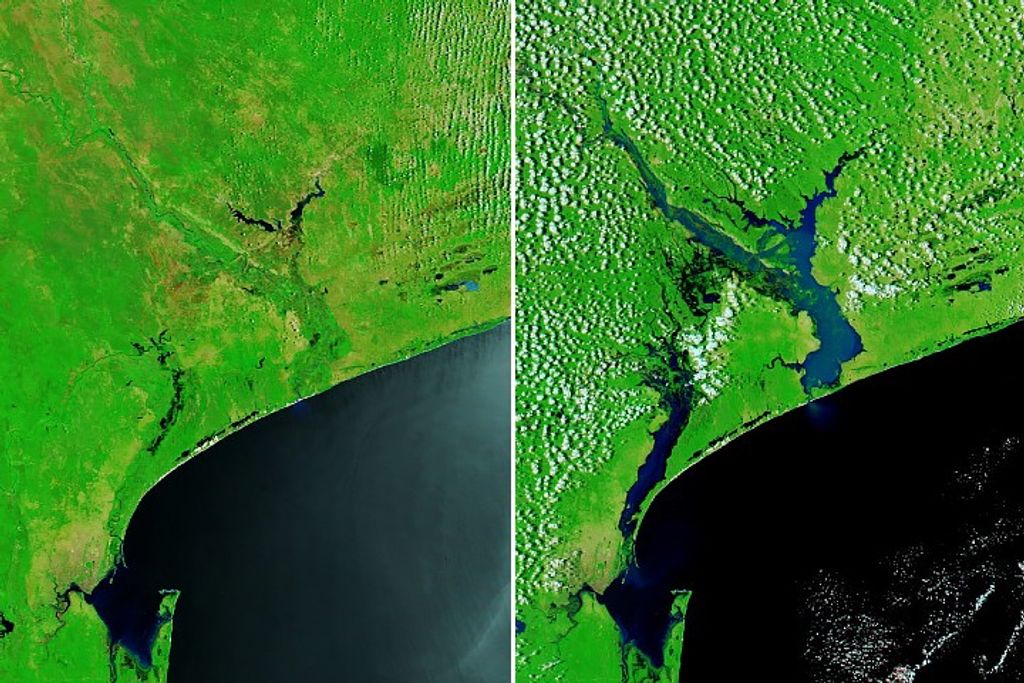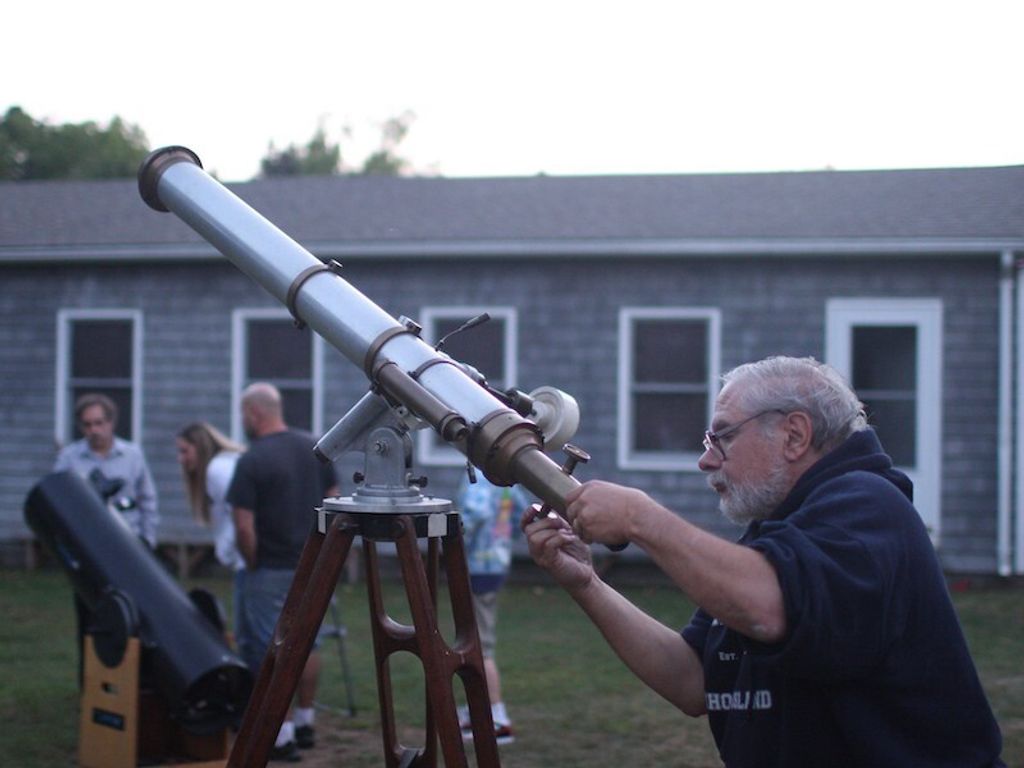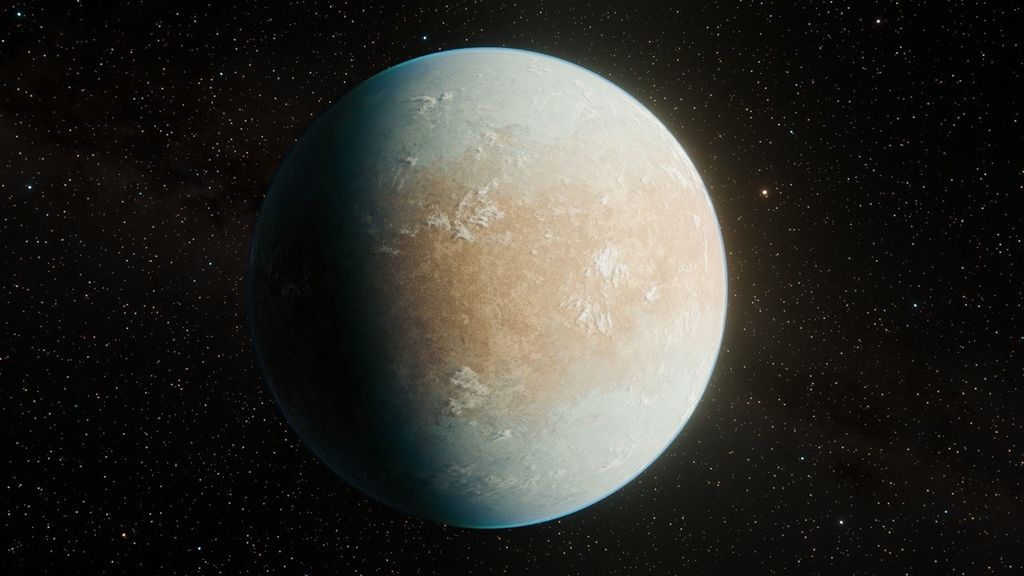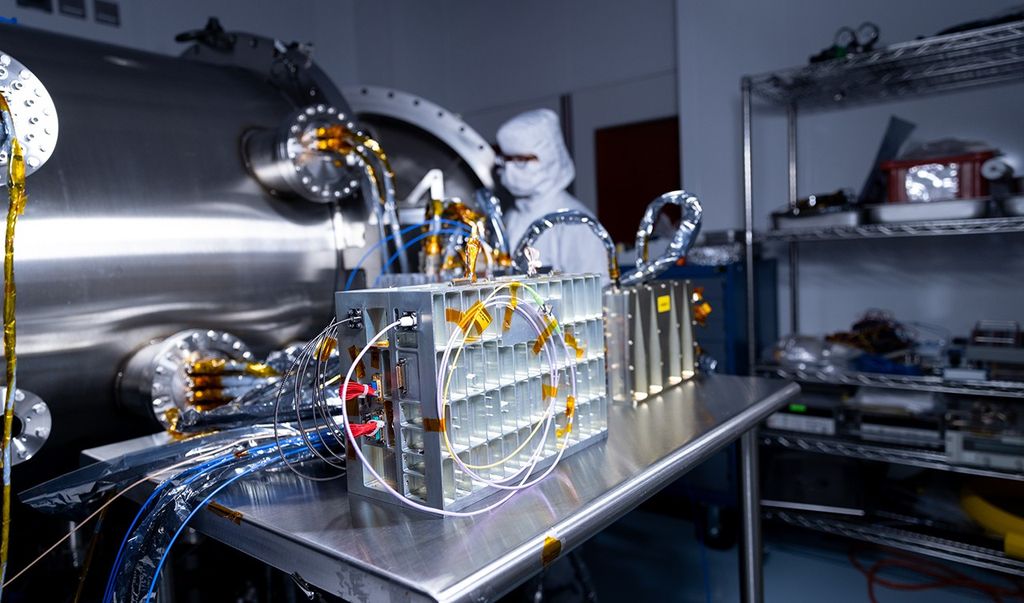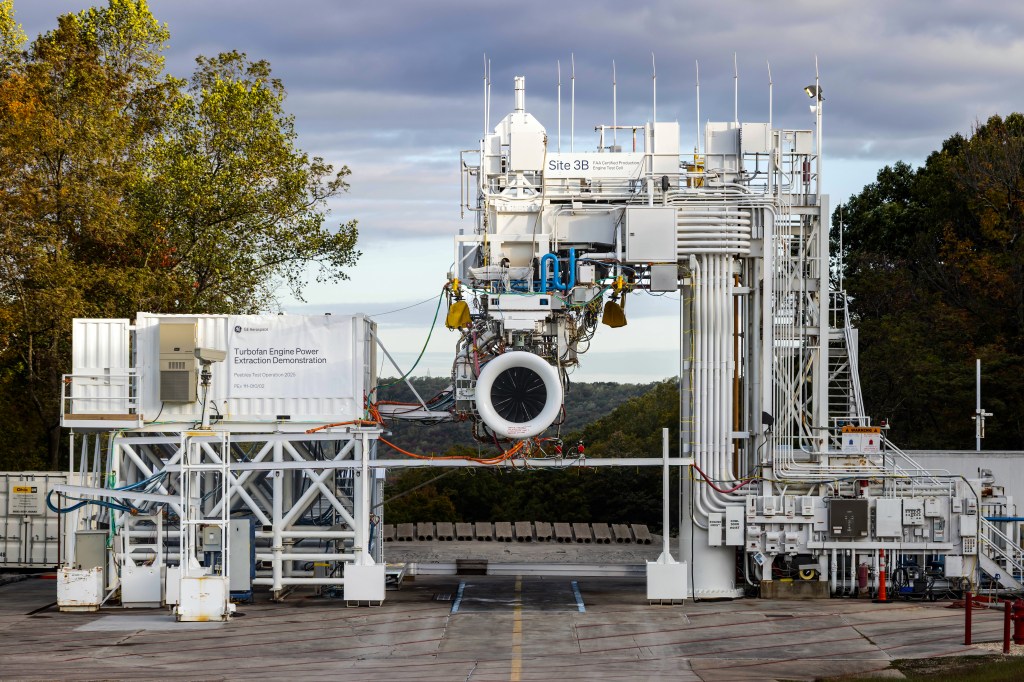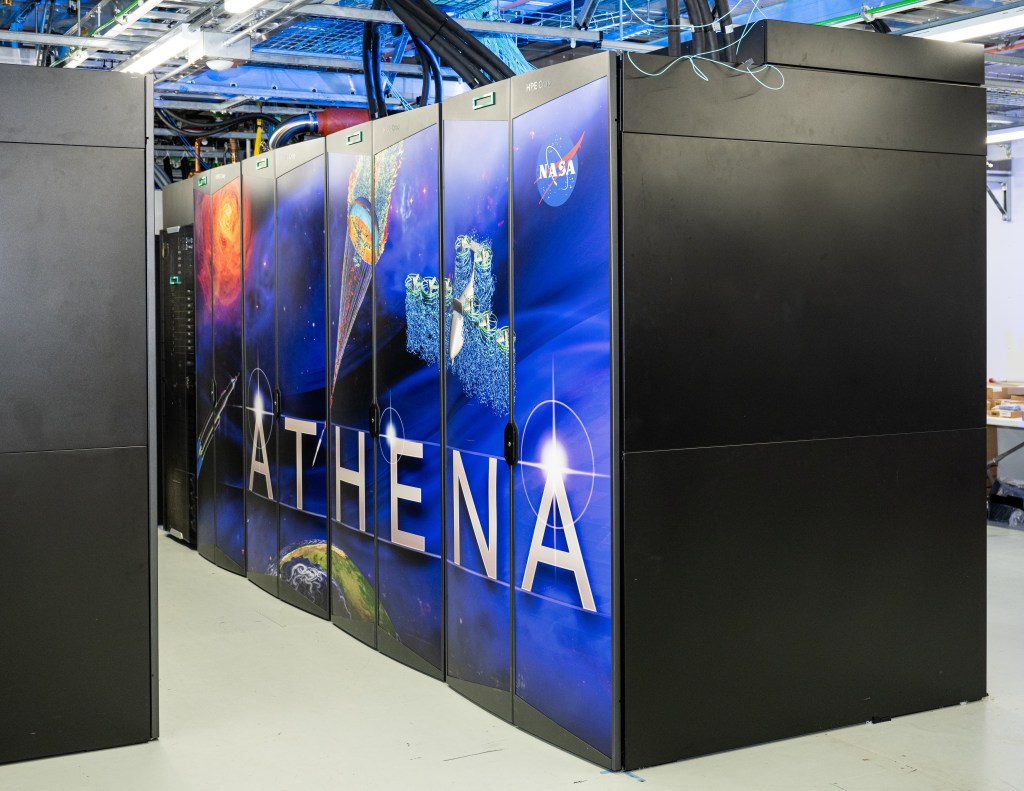A View from Huygens
| Credit | ESA/NASA/JPL/University of Arizona |
|---|---|
| PIA Number | PIA08118 |
| Language |
|
This movie was built with data collected during the 147-minute plunge through Titan's thick orange-brown atmosphere to a soft sandy riverbed by the European Space Agency's Huygens Descent Imager/Spectral Radiometer on Jan. 14, 2005,
In 4 minutes and 40 seconds, the movie shows what the probe 'saw' within the few hours of the descent and the landing. On approach, Titan appeared as just a little disk in the sky among the stars, but after landing, the probe's camera resolved little grains of sand millions of times smaller than Titan.
At first, the Huygens camera just saw fog over the distant surface. The fog started to clear only at about 60 kilometers (37 miles) altitude, making it possible to resolve surface features as large as 100 meters (328 feet). Only after landing could the probe's camera resolve the little grains of sand. The movie provides a glimpse of such a huge change of scale.
A music-only version of the video is available at: http://photojournal.jpl.nasa.gov/catalog/PIA08118.
The Huygens probe was delivered to Saturn's moon Titan by the Cassini spacecraft, which is managed by NASA's Jet Propulsion Laboratory, Pasadena, Calif. NASA supplied two instruments on the probe, the descent imager/spectral radiometer and the gas chromatograph mass spectrometer.
The Cassini-Huygens mission is a cooperative project of NASA, the European Space Agency and the Italian Space Agency. The Jet Propulsion Laboratory, a division of the California Institute of Technology in Pasadena, manages the mission for NASA's Science Mission Directorate, Washington, D.C. The descent imager/spectral radiometer team is based at the University of Arizona, Tucson.
For more information about the Cassini-Huygens mission visit http://saturn.jpl.nasa.gov.

